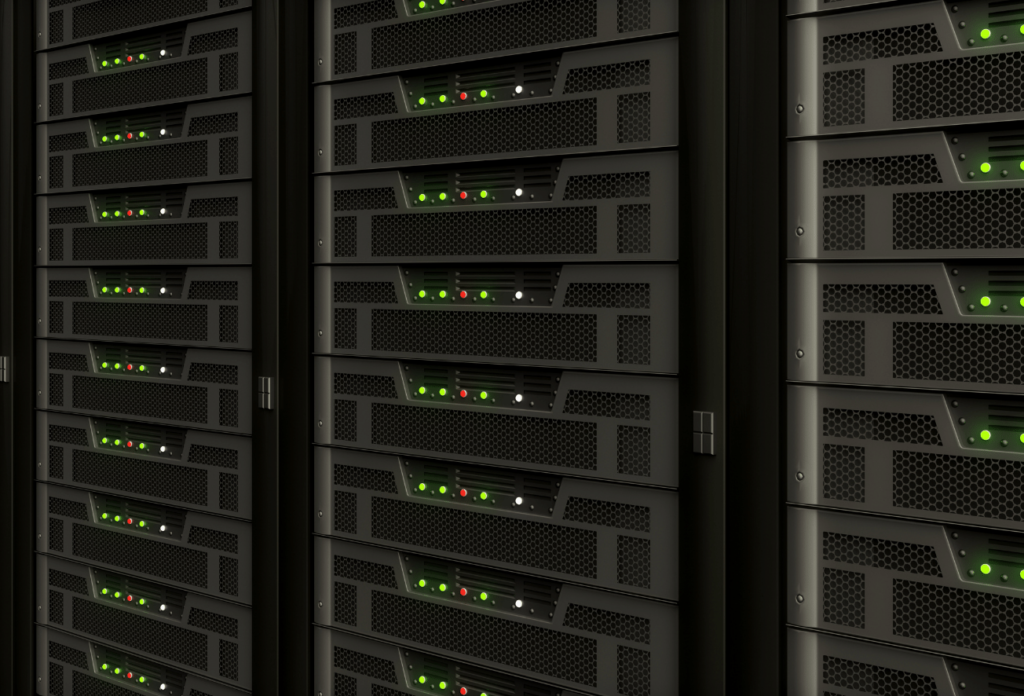Data Storage Solutions and Challenges for Healthcare
February 27th, 2021
Explore data storage solutions and challenges for healthcare. Data storage can be complex for the industry, but it’s essential in a data-driven world.

Healthcare evolved into a data-driven ecosystem. Data can improve patient care, improve operations, and deliver insights. However, storing data is a huge challenge for the industry, with concerns around costs and compliance. In this post, we’ll explore data storage solutions and challenges for healthcare data management.
So Much Data: An Opportunity and a Burden
Data generation in healthcare is growing every day. Intel estimated that worldwide health data would hit 25,000 petabytes in 2020. To provide context, that’s 500 billion four-drawer filing cabinets!
That breadth of data opens many doors in preventive medicine, public health initiatives, and better decision-making. Those are the positives. It also presents a burden of: where will this data live? How much will it cost? Will it be secure?
Next, we’ll review the two main solutions for data storage—on-premises and the cloud.
On-Premises Data Storage
Healthcare systems often adopt on-premises data storage solutions. The biggest reason is they have more control over their servers. Unfortunately, there are a lot of cons to this data storage strategy.
On-site servers are expensive and time-consuming to maintain. They also take up considerable space, which most organizations don’t have, which impedes the ability to scale. That’s a serious problem since data is growing.
Further, it limits access to those physically within that space in most cases. In a digital world, users need access to data in many environments.
Security is also a concern. On-premises servers connect to a local network, which hackers can exploit through phishing and malware attacks. While hospitals may have robust security protocols, on-site lacks the layered security approach of the cloud.
Finally, there are lots of latency and downtime risks in this model. Any issues in your storage infrastructure or disaster event put these systems at risk of not being available. This is a big business continuity issue.
Cloud Data Storage Solutions
Cloud storage is the probable future of healthcare data storage. It eliminates most of the challenges with the on-premises option. More healthcare organizations are adopting the cloud, either public, private, or hybrid.
The public cloud is like renting space from a provider like AWS. A private cloud solely hosts data and applications for an organization. A hybrid is a mix of both, enabling healthcare entities to choose which pieces go where. For example, they may put all sensitive and confidential data on the private side.
The cloud is also more secure than an on-site server because it has a more robust security posture. It also keeps getting more secure, as cloud operators are at the top tier of cybersecurity.
You’ll also save money, as you no longer have to pay for hardware upgrades and maintenance. Much less capital investment is necessary, and you can scale up or down as needed.
Access is no longer an issue either since users can log into solutions remotely but securely. You also don’t have to worry about downtime because the cloud always has redundancy.
How Are You Managing Healthcare Data Storage?
If you haven’t fully adopted the cloud for healthcare data storage, your organization should assess the situation. You’re only going to collect, gather, and use more data. Don’t let storage impact what you can do with it.